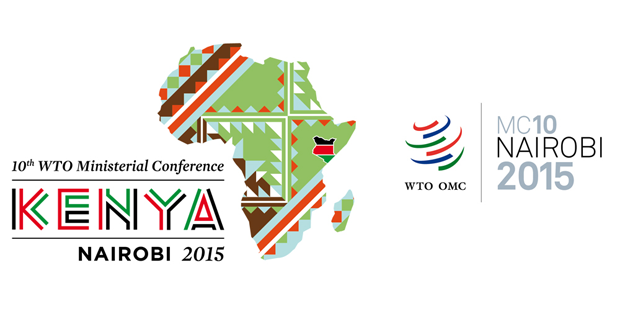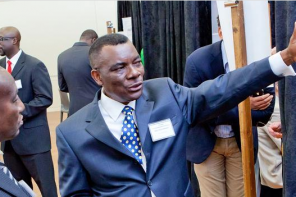The 15th to 19th December marked a turning point for the African continent. The World Trade Organization’s 10th Ministerial Conference was held in Nairobi, Kenya, this being the first time the bi-annual conference was held in Africa.
The World Trade Organization (WTO) is an international intergovernmental organization whose main function is to ensure that trade flows as smoothly, predictably and freely as possible. The WTO currently has 160 members, of which 117 are developing countries or separate customs territories.
This year’s conference was hosted by Kenya’s Cabinet Secretary (Minister) for Foreign Affairs, Amina Mohammed. The conference was opened by Kenya’s President, Uhuru Kenyatta. Notables in attendance were Director-General of the WTO, Roberto Azevêdo, the Chair of the WTO’s General Council, Fernando de Mateo and President Ellen Johnson Sirleaf of Liberia.
The five-day conference gave rise to what is now being termed as the ‘Nairobi Package’. This package included agreements on several trade issues, the most thoroughly discussed being agricultural trade. Under this, a number of Ministerial Decisions were made such as one on Export Competition, including a commitment to eliminate subsidies for farm exports. Mr. Azevêdo described it as the “most significant outcome on agriculture” in the organization’s 20-year history. Under the decision, developed members have committed to remove export subsidies immediately, except for a handful of agriculture products, and developing countries will do so by 2018. It also contains disciplines to ensure that other export policies are not used as a disguised form of subsidies.
Least Developed Countries*, better known as LDCs, will directly benefit from this conference. This will be made possible through a Ministerial Decision that extends the current waiver period under which non-LDC WTO members may grant preferential treatment to LDC services and service suppliers. The period has been extended 15 years until 31 December 2030. The decision also encourages discussions among members on technical assistance aimed at increasing the capacity of LDCs to participate in services trade. It also sets up a review to monitor the operation of the notified preferences.
In another significant outcome from the Nairobi Ministerial, WTO members representing major exporters of IT products agreed on 16 December on the timetable for implementing a landmark deal to eliminate tariffs on 201 information technology products valued at over $1.3 trillion per year. Negotiations on the expanded Information Technology Agreement (ITA) were conducted by 53 WTO members, including both developed and developing countries, which account for approximately 90% of world trade in these products. However, all WTO members will benefit from the agreement, as they will all enjoy duty-free market access to the markets of the members eliminating tariffs on these products.
The conference culminated with members reaffirming the central role of WTO in global trade talks. In their Nairobi Declaration, ministers cited the pre-eminence of the WTO as the global forum for trade rules setting and governance and recognized the contribution the rules-based multilateral trading system has made to the strength and stability of the global economy. This bodes well for the future of the organization’s success and ability to implement decisions made during this and future conferences.
For more in depth knowledge on the output of the conference, see the official report.
*Least developed countries in Africa include Angola, Benin, Burkina Faso, Burundi, Central African Republic, Chad, Comoros, Democratic Republic of the Congo, Djibouti, Equatorial Guinea, Eritrea, Ethiopia, Gambia, Guinea, Guinea-Bissau, Lesotho, Liberia, Madagascar, Malawi, Mali, Mauritania, Mozambique, Niger, Rwanda, São Tomé and Príncipe, Senegal, Sierra Leone, Somalia, South Sudan, Sudan, Tanzania, Togo, Uganda and Zambia.





